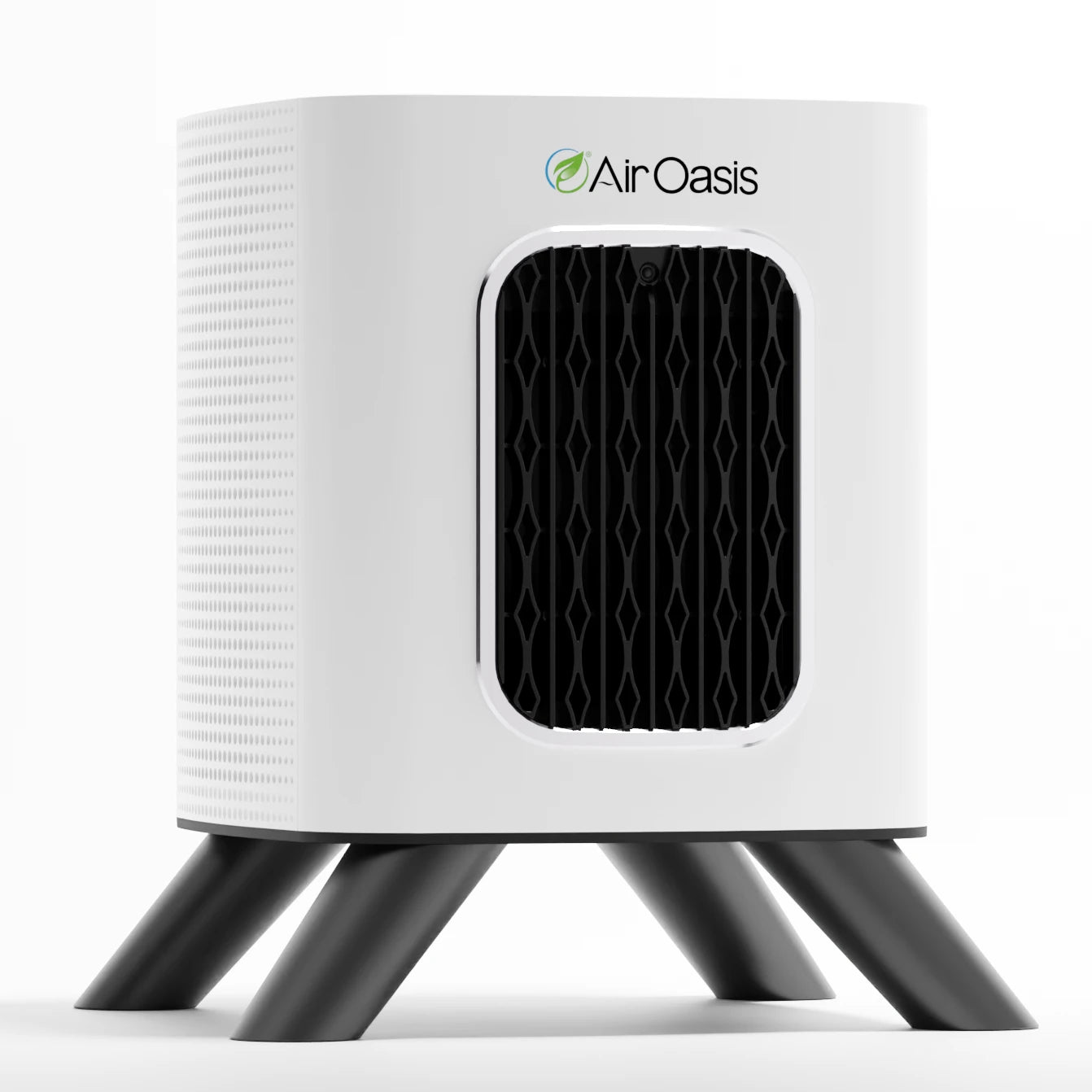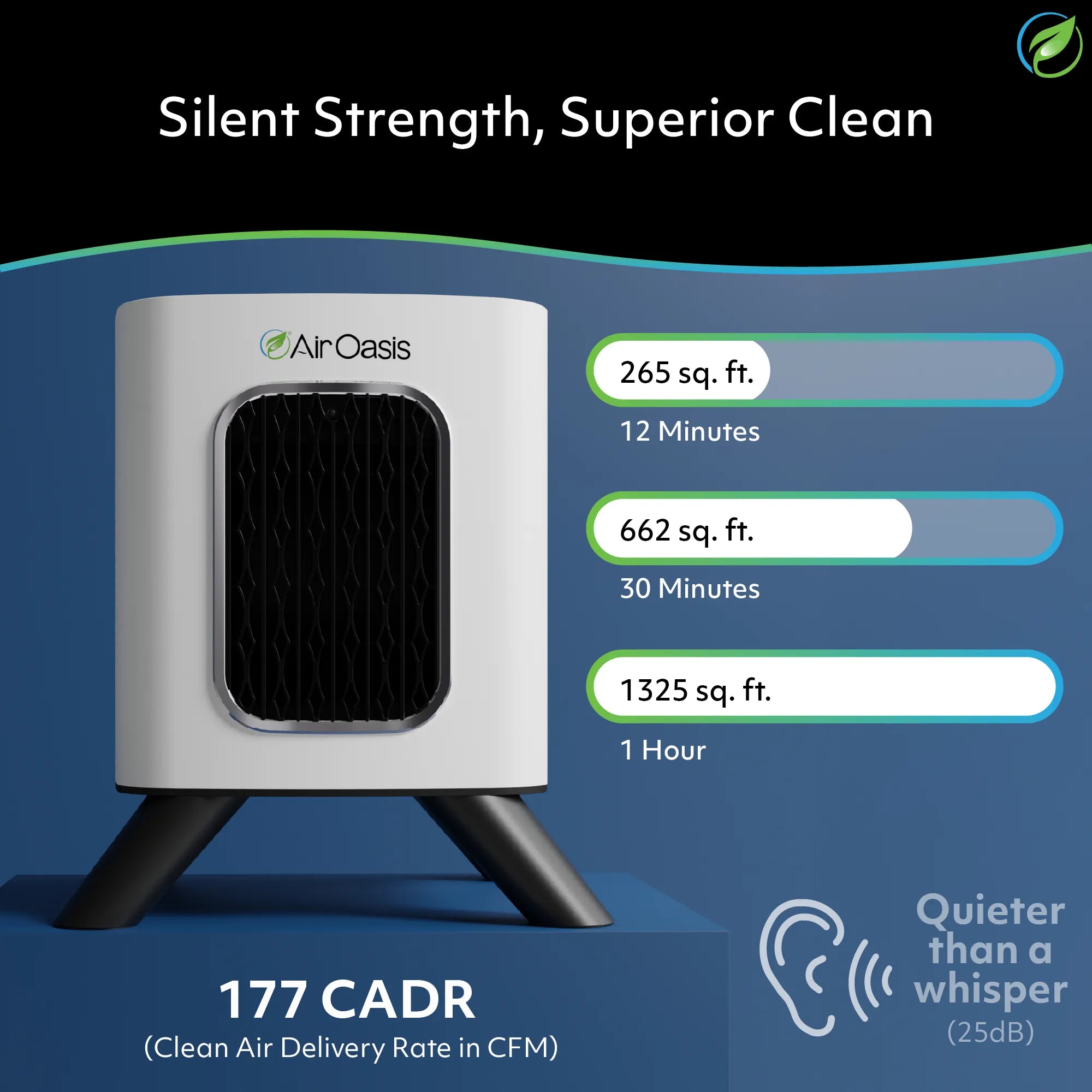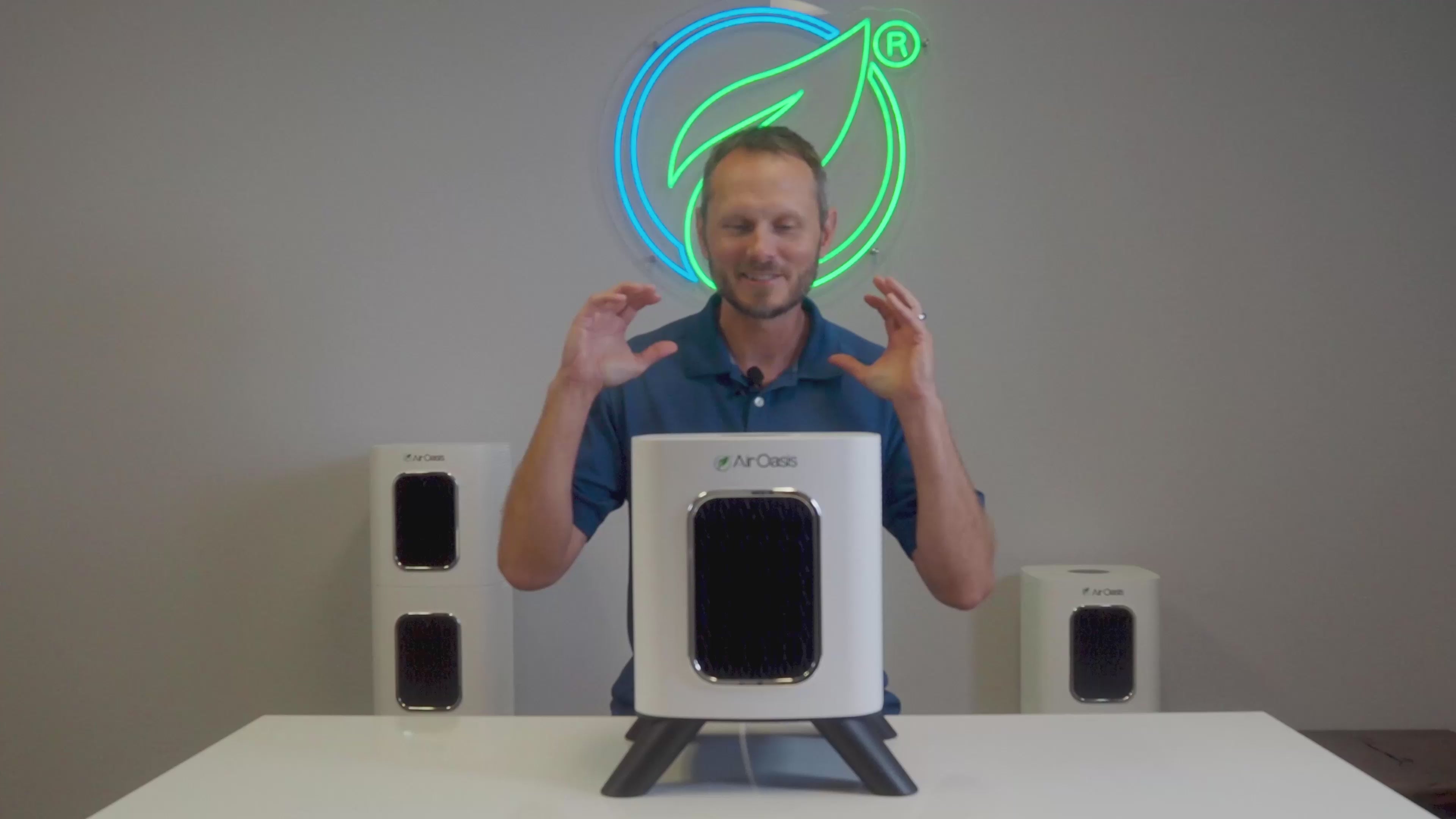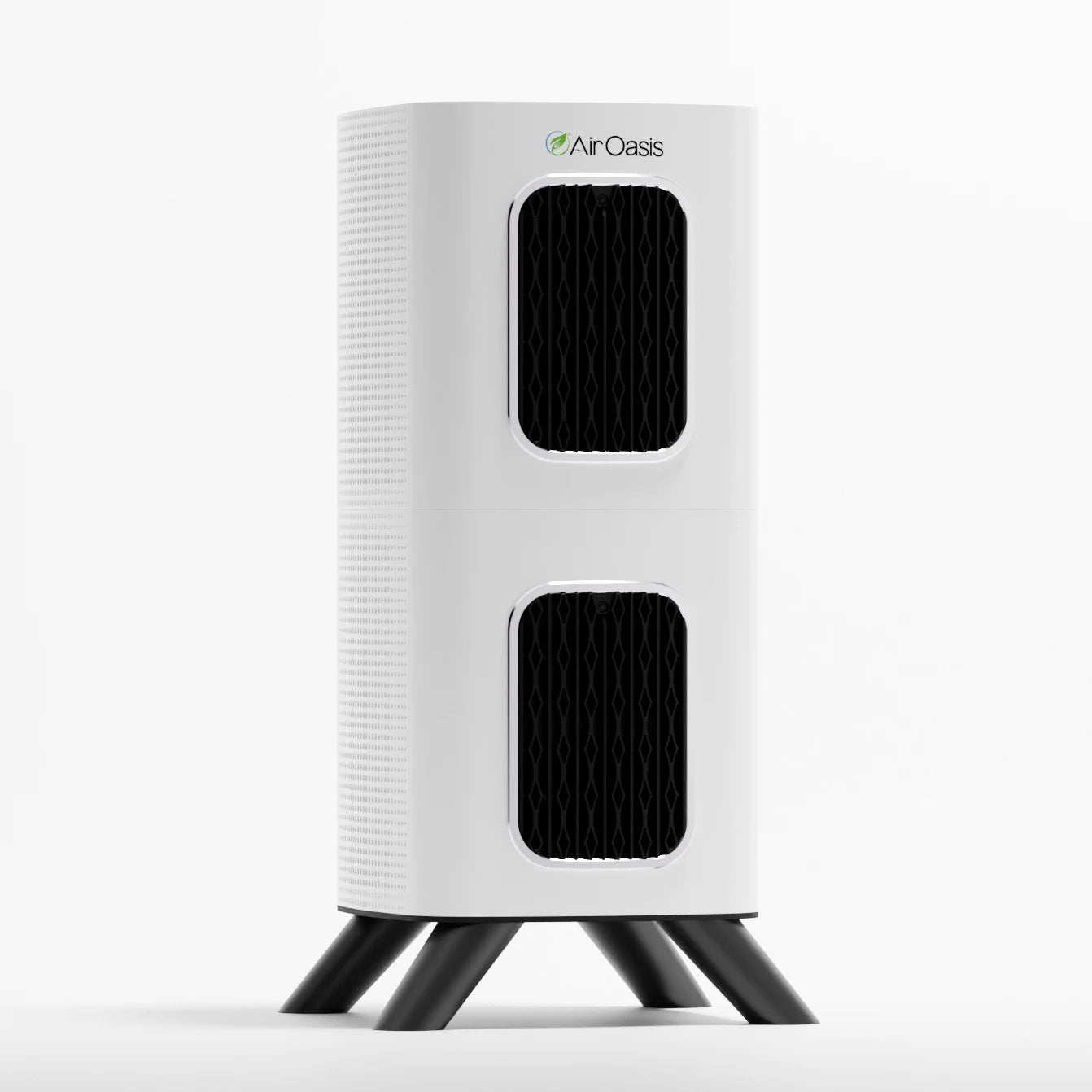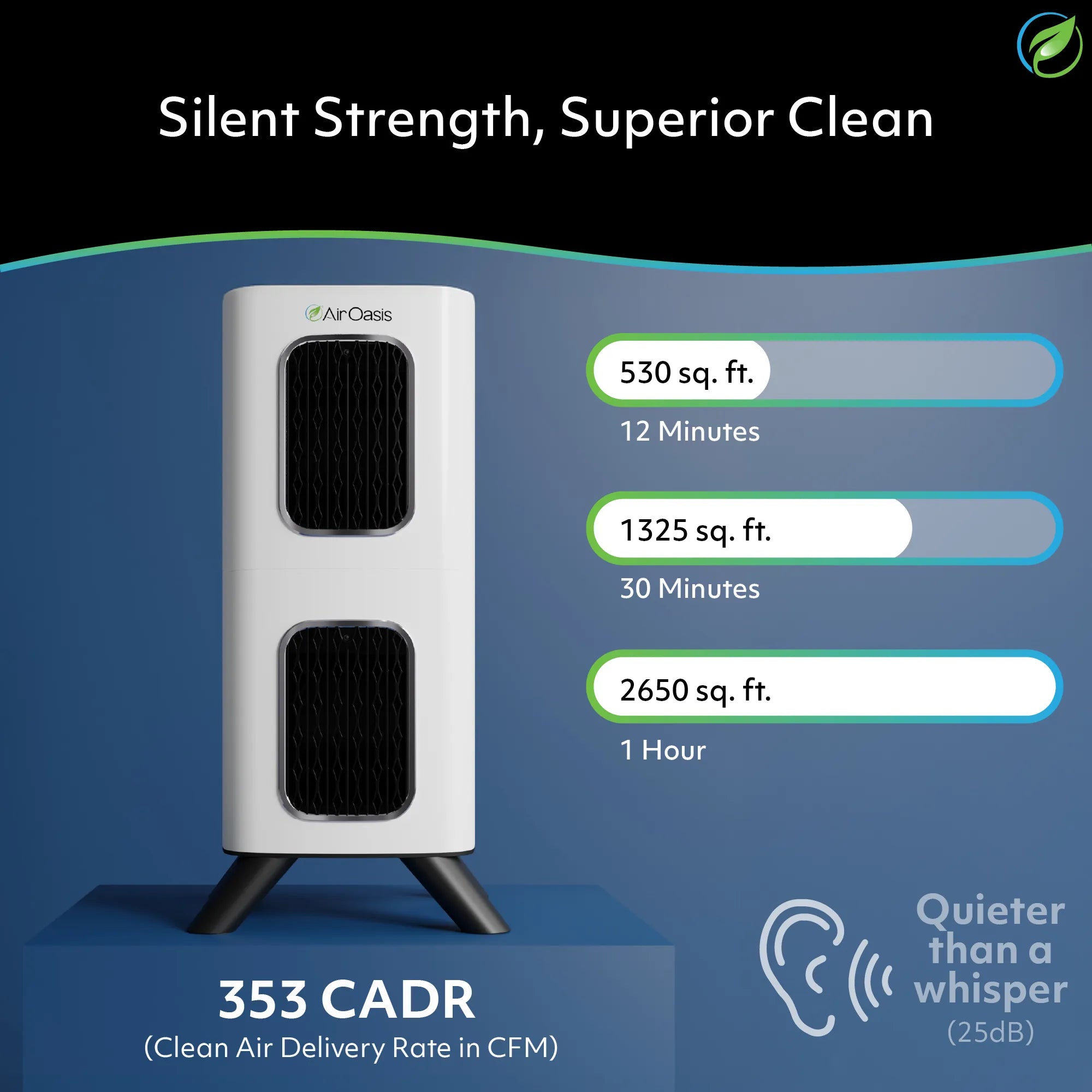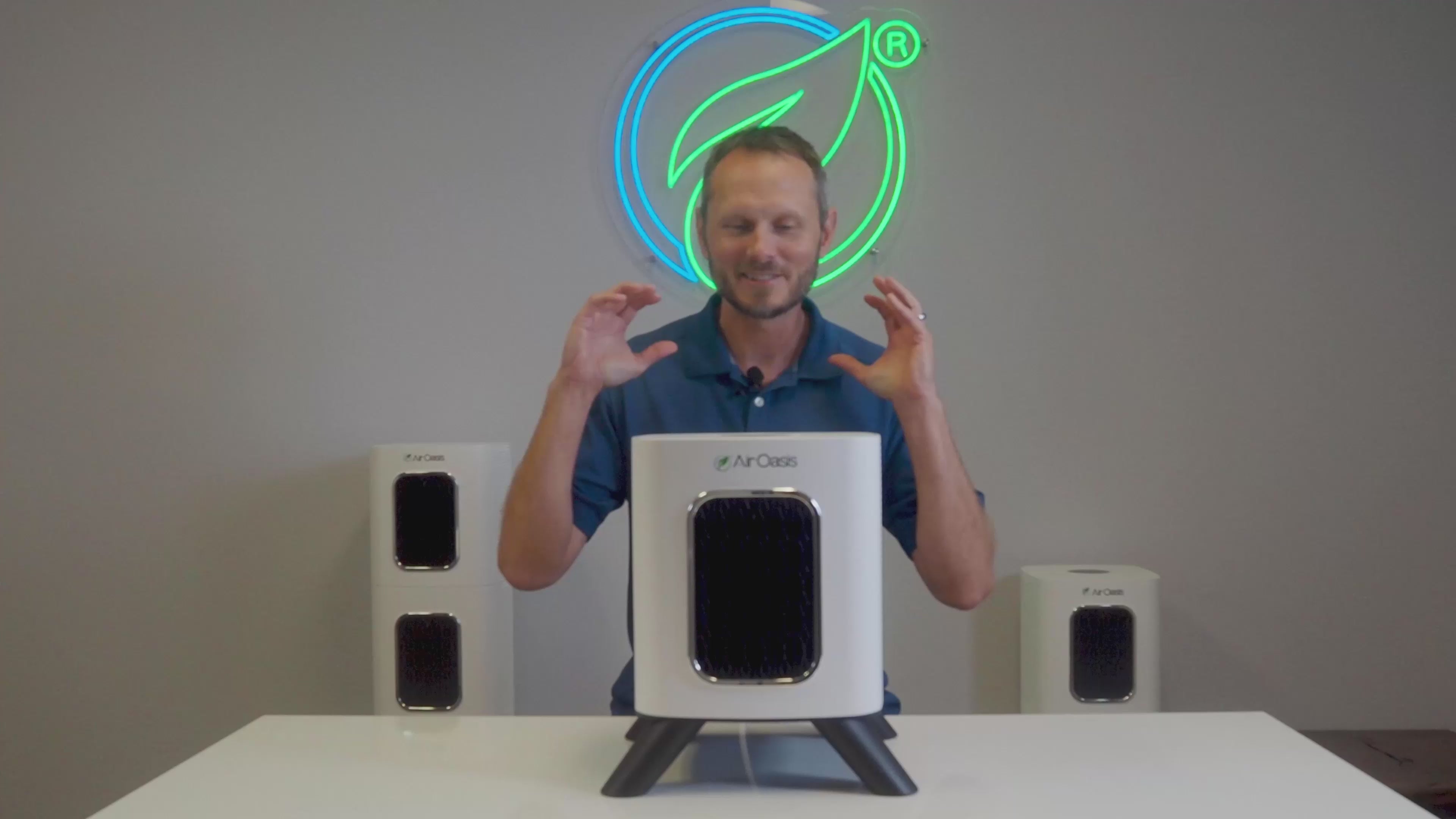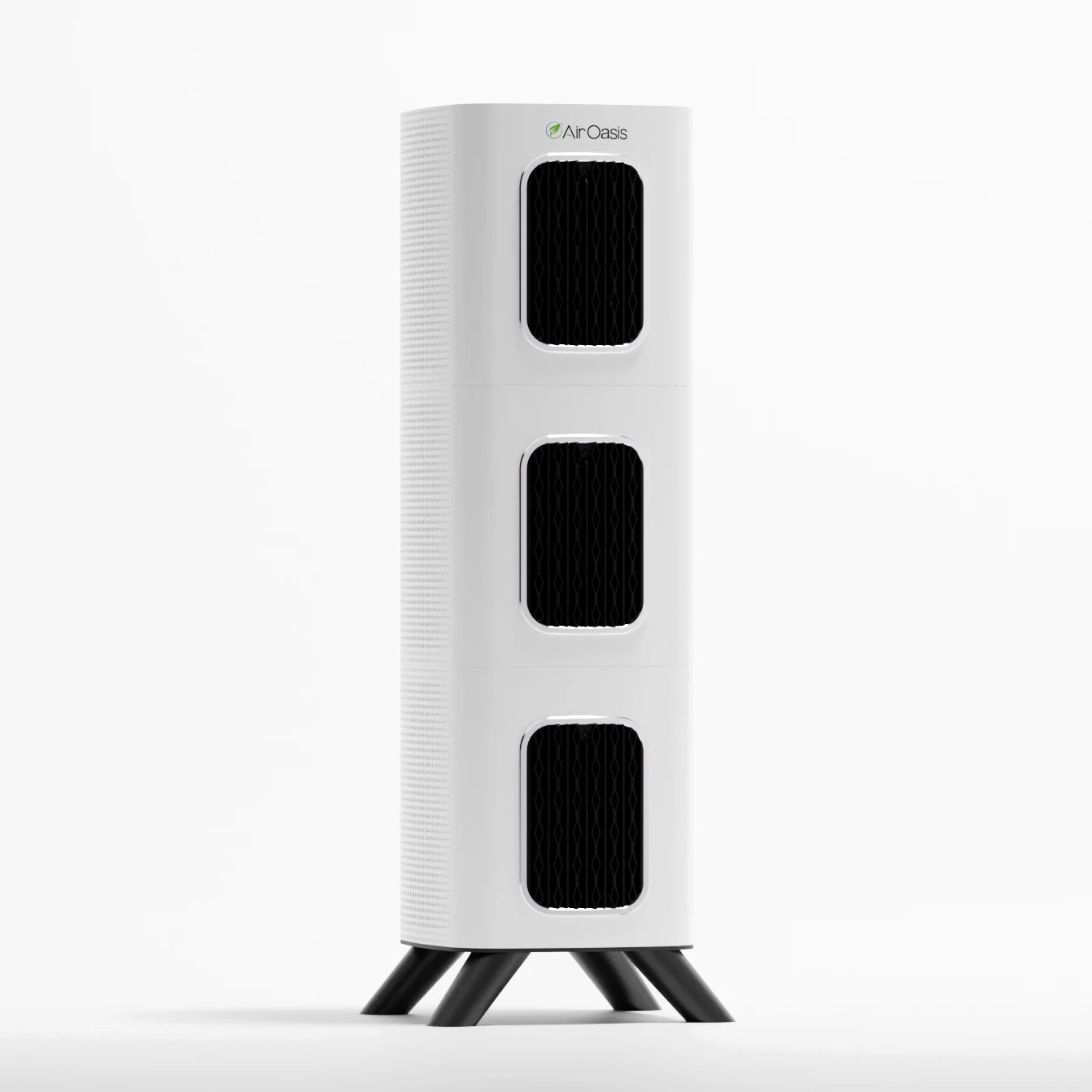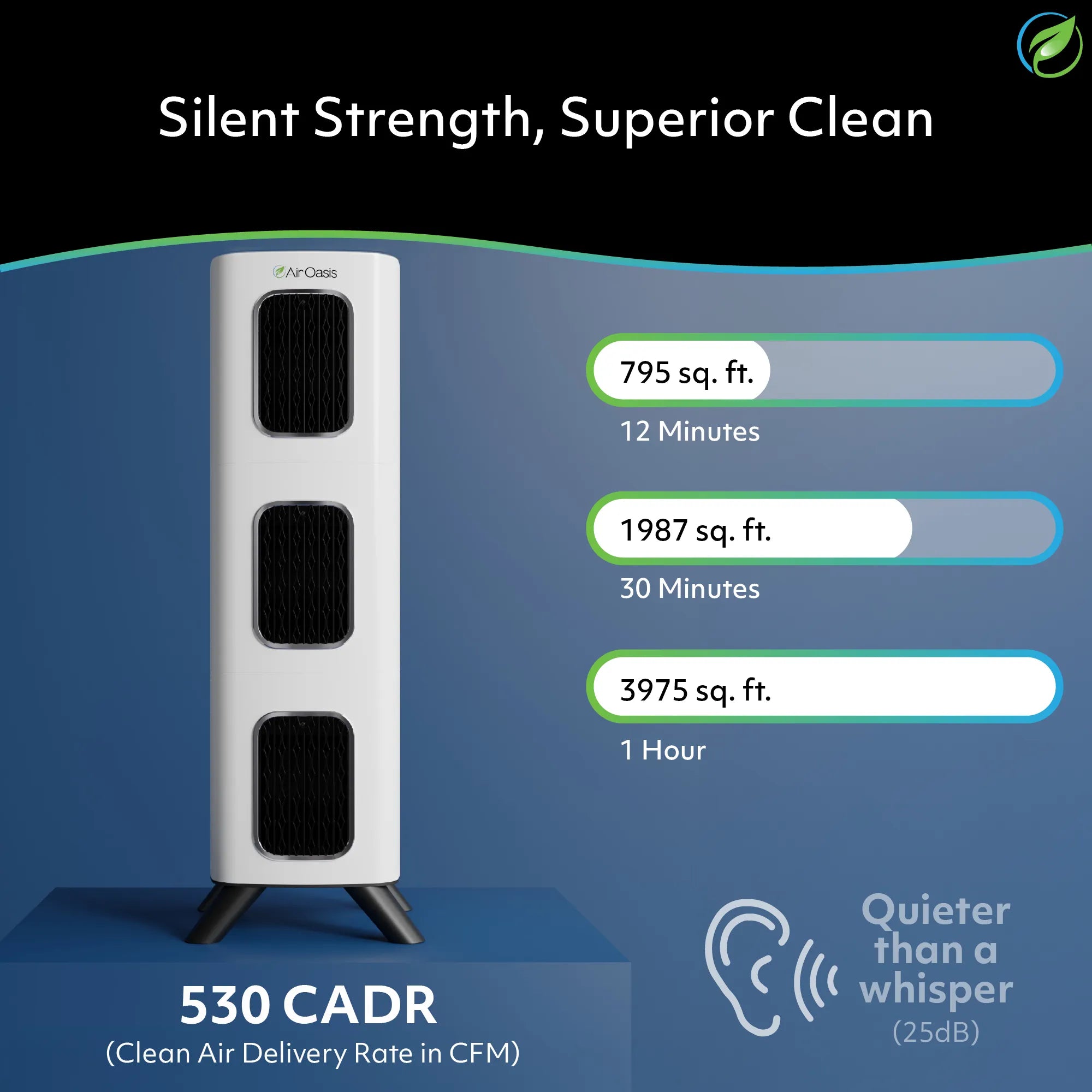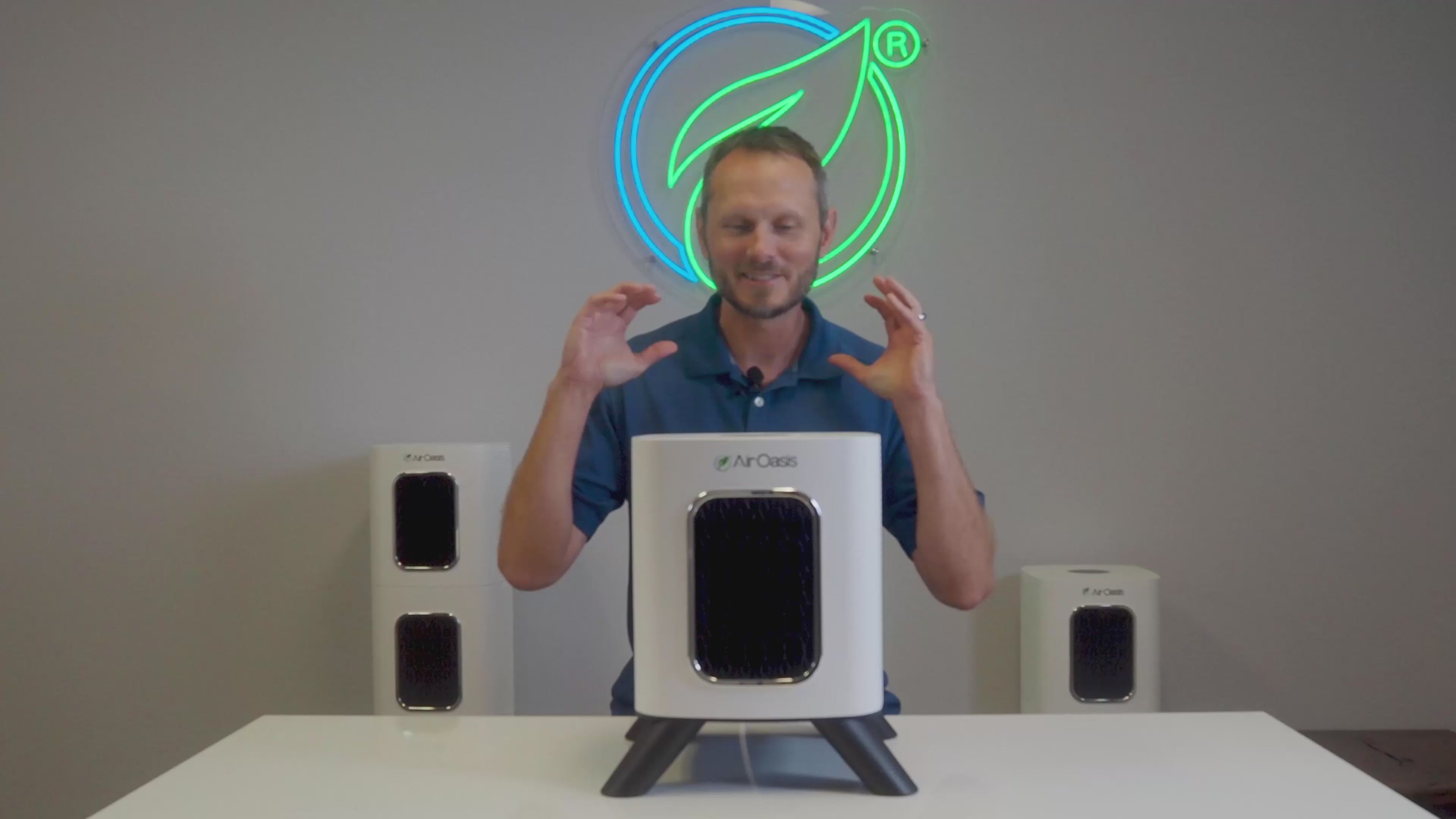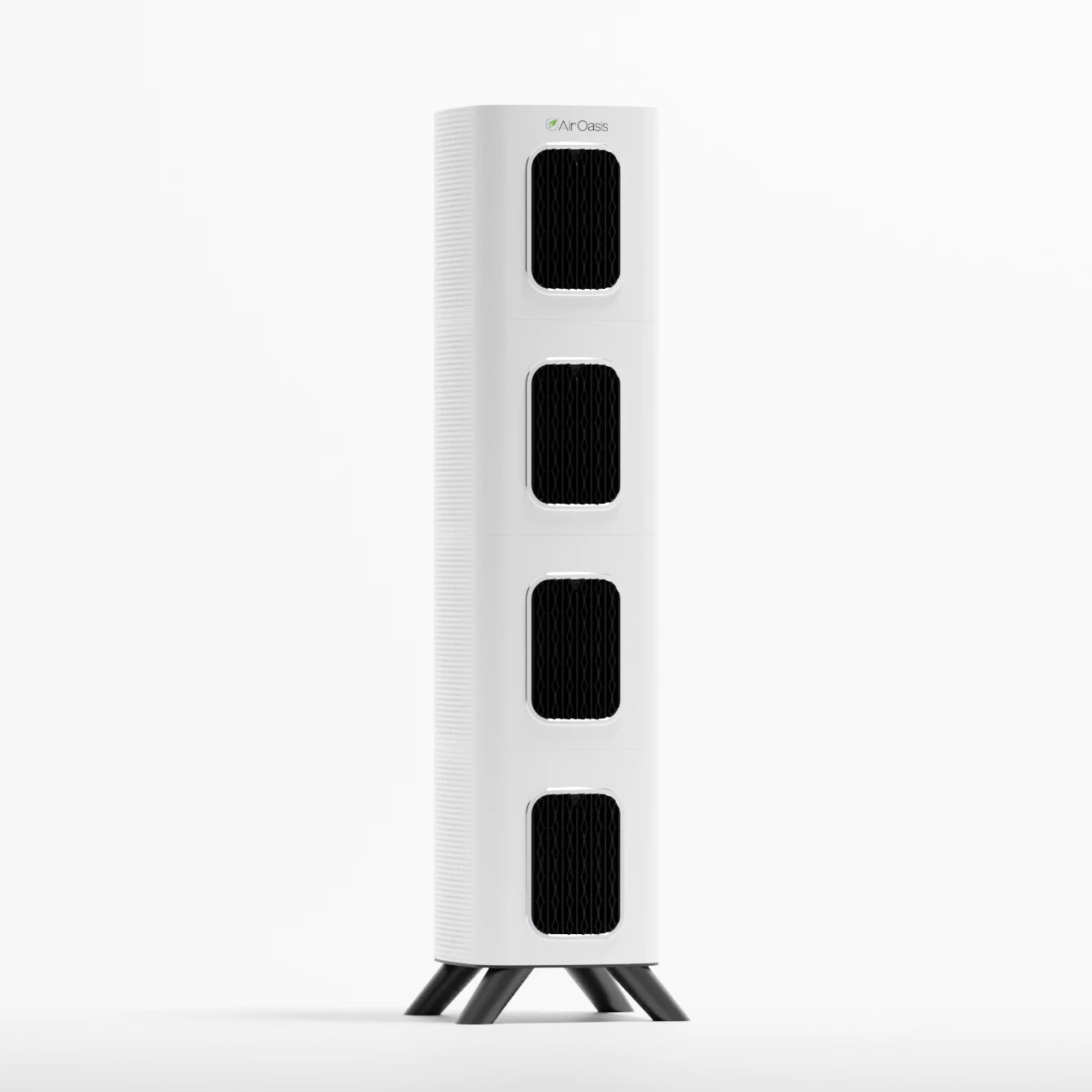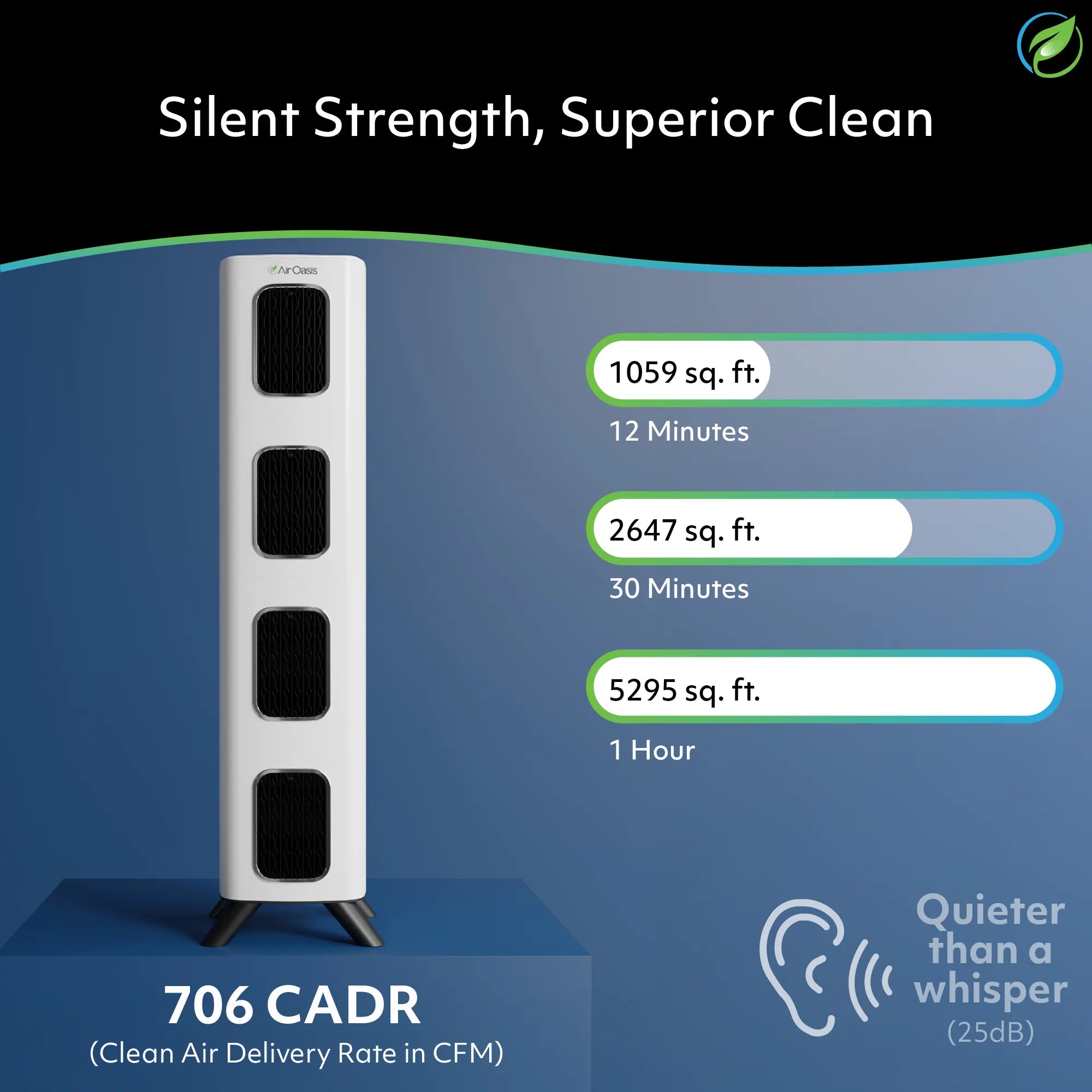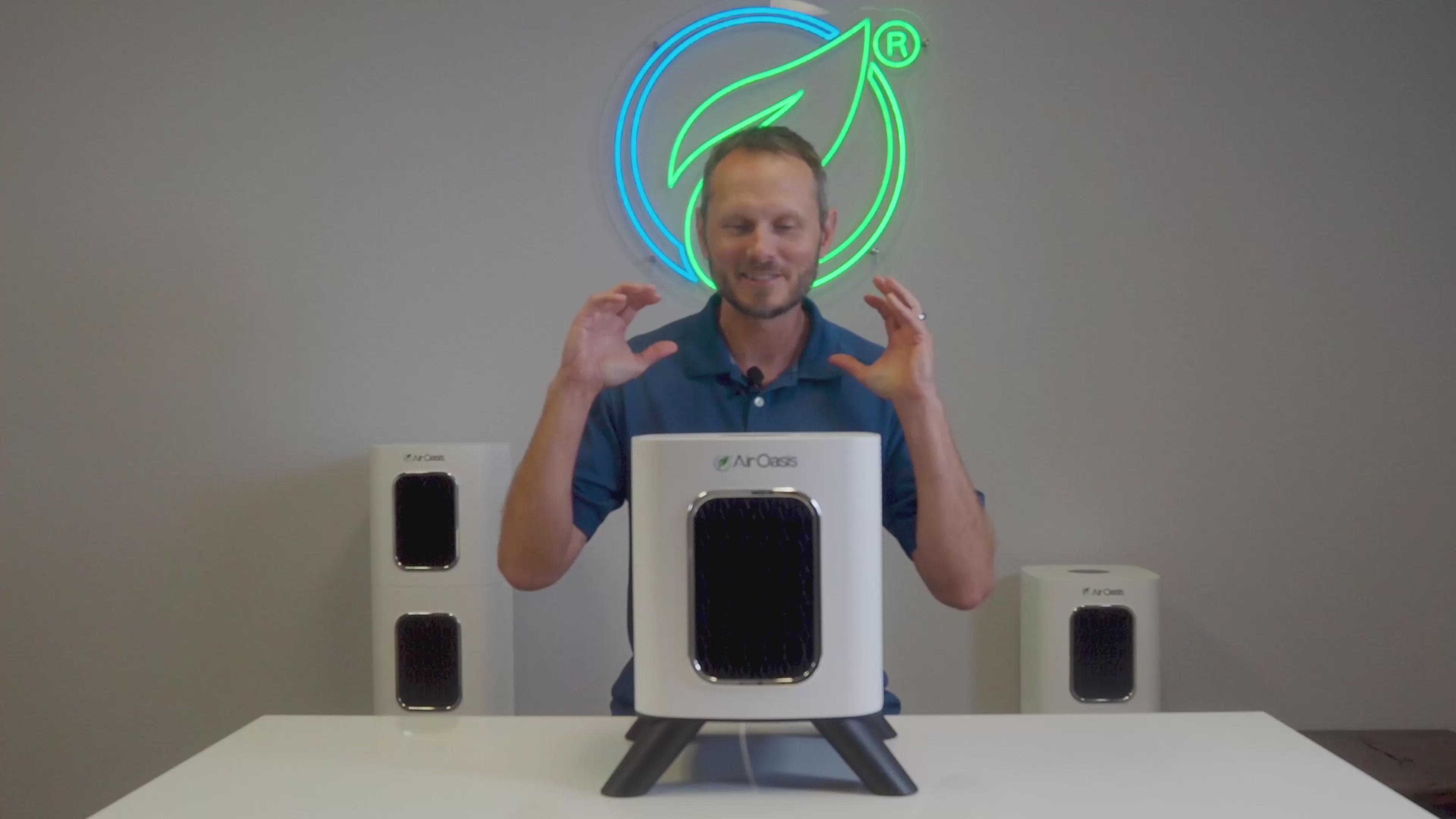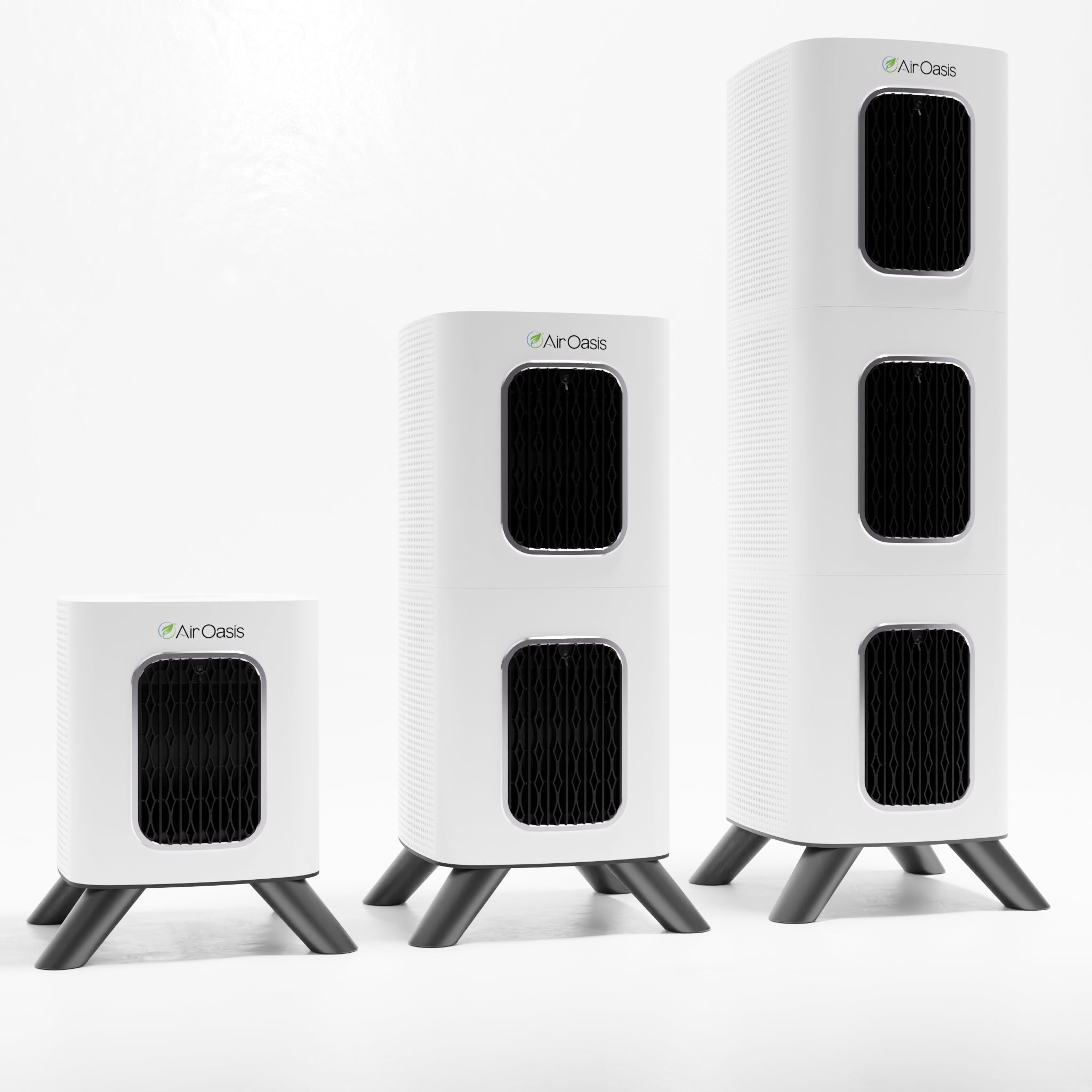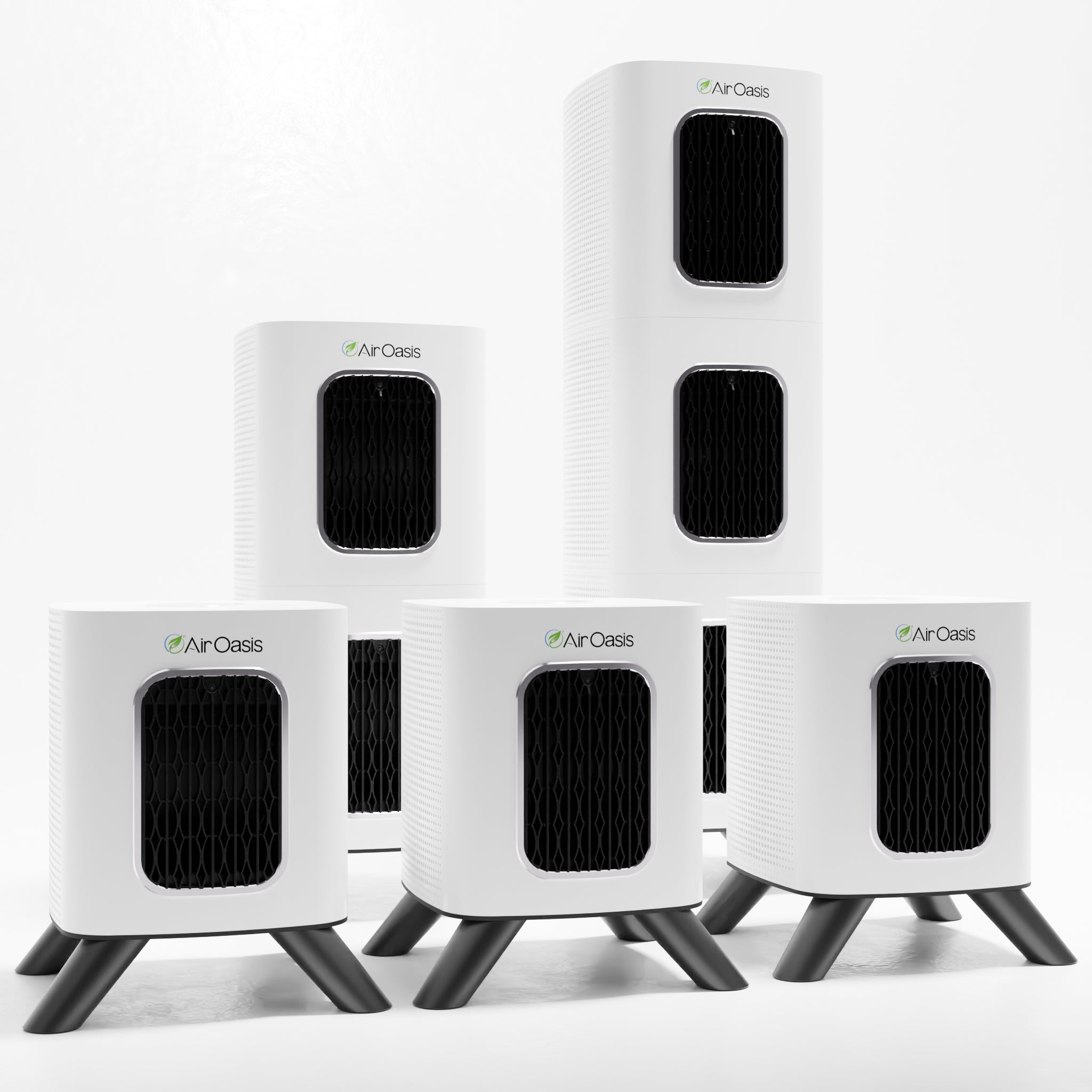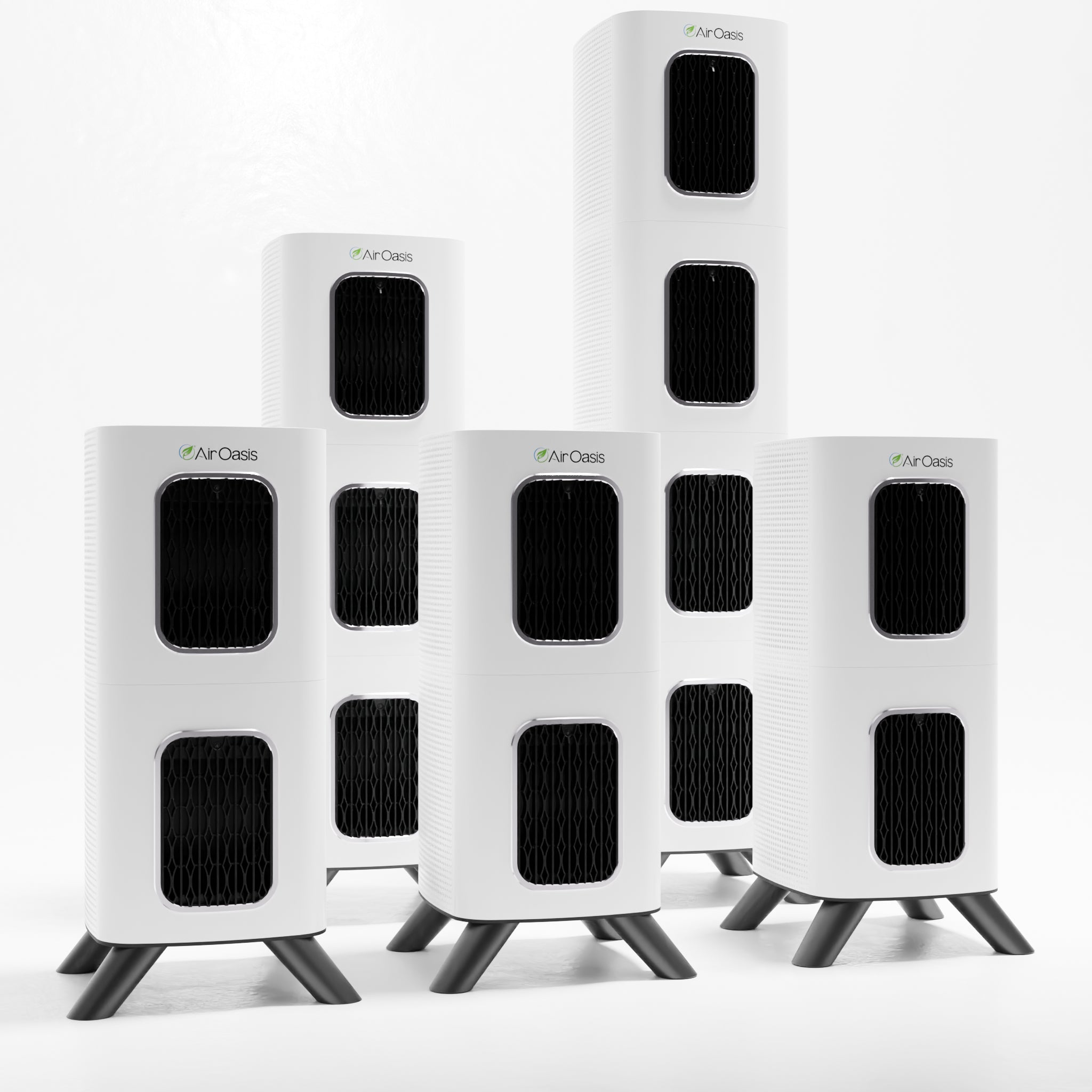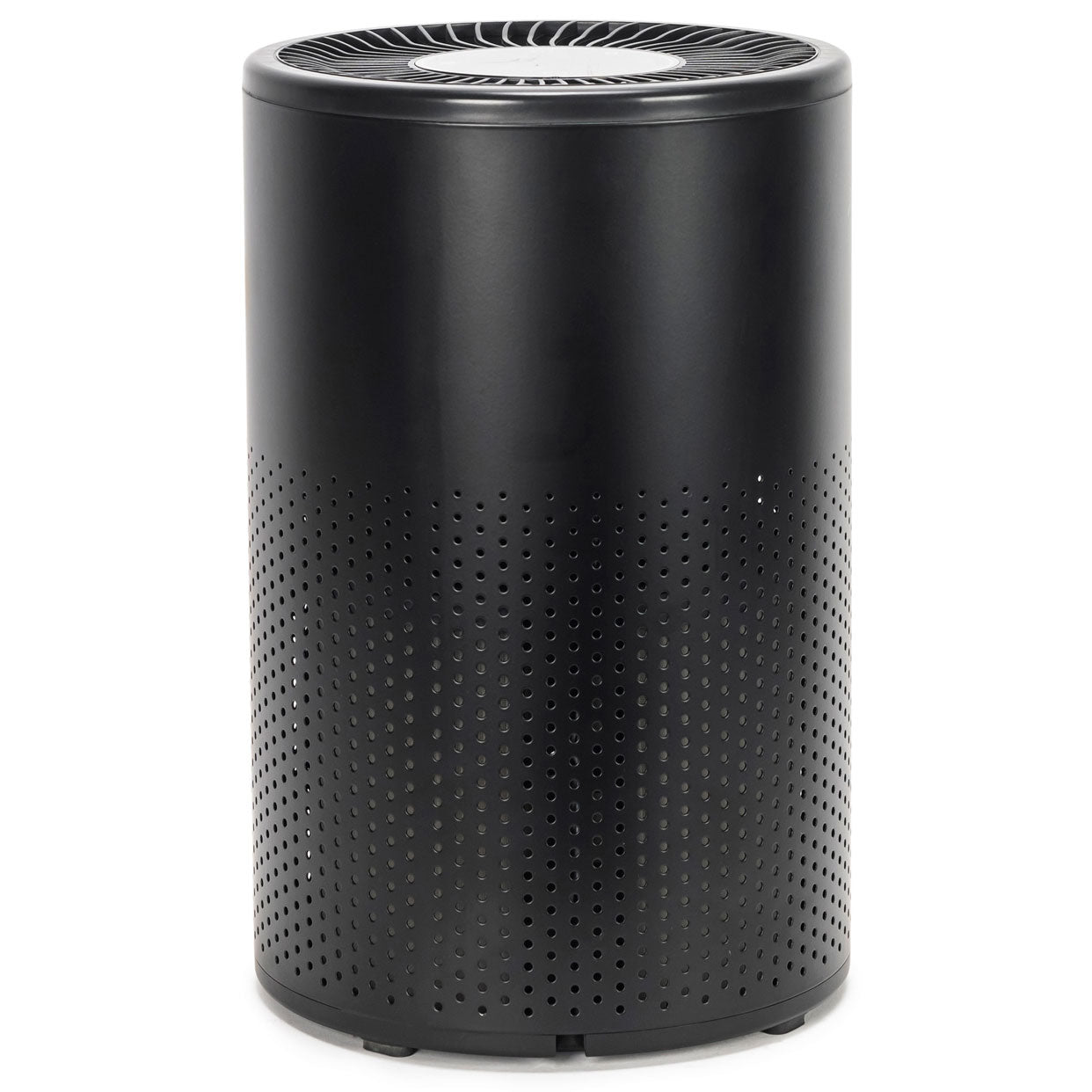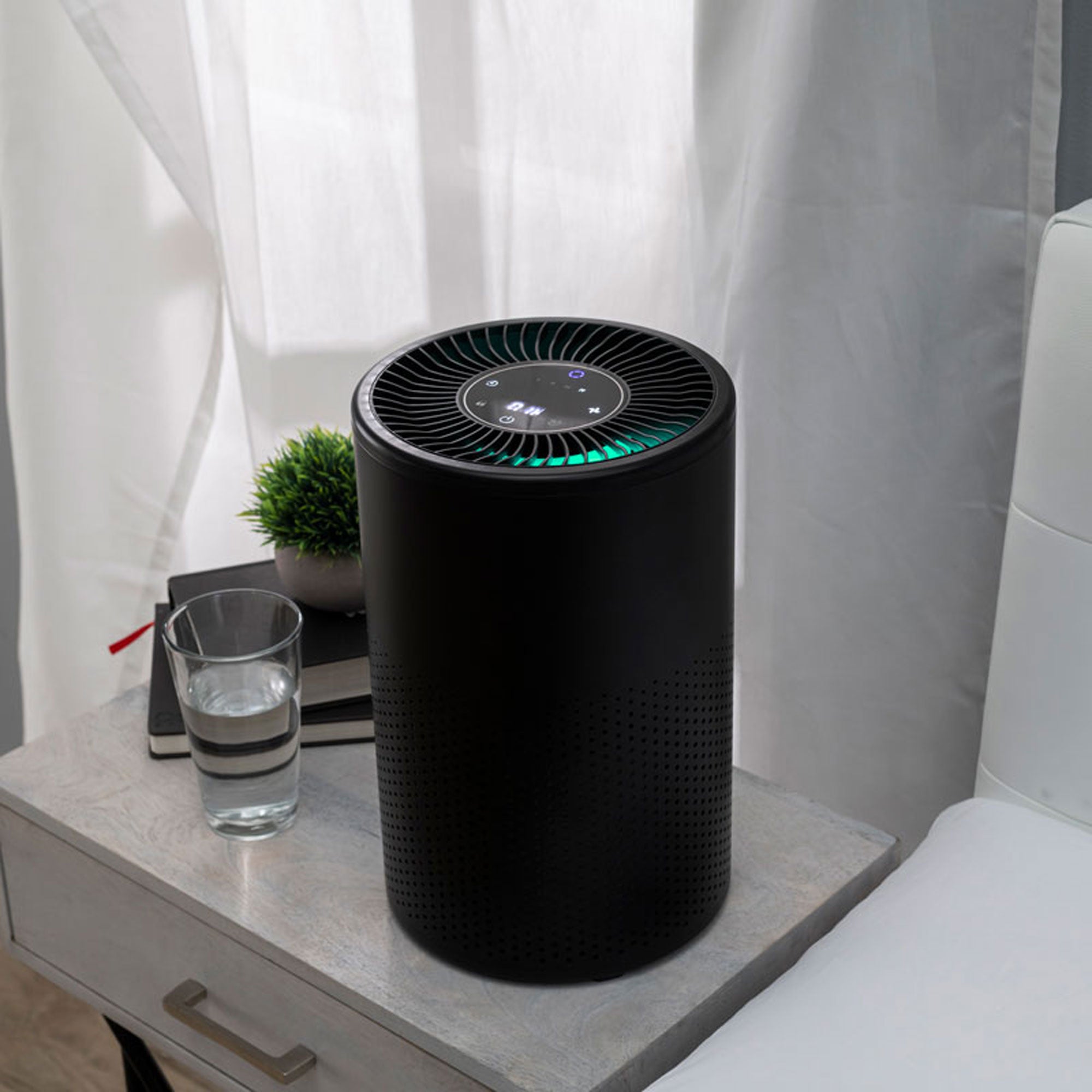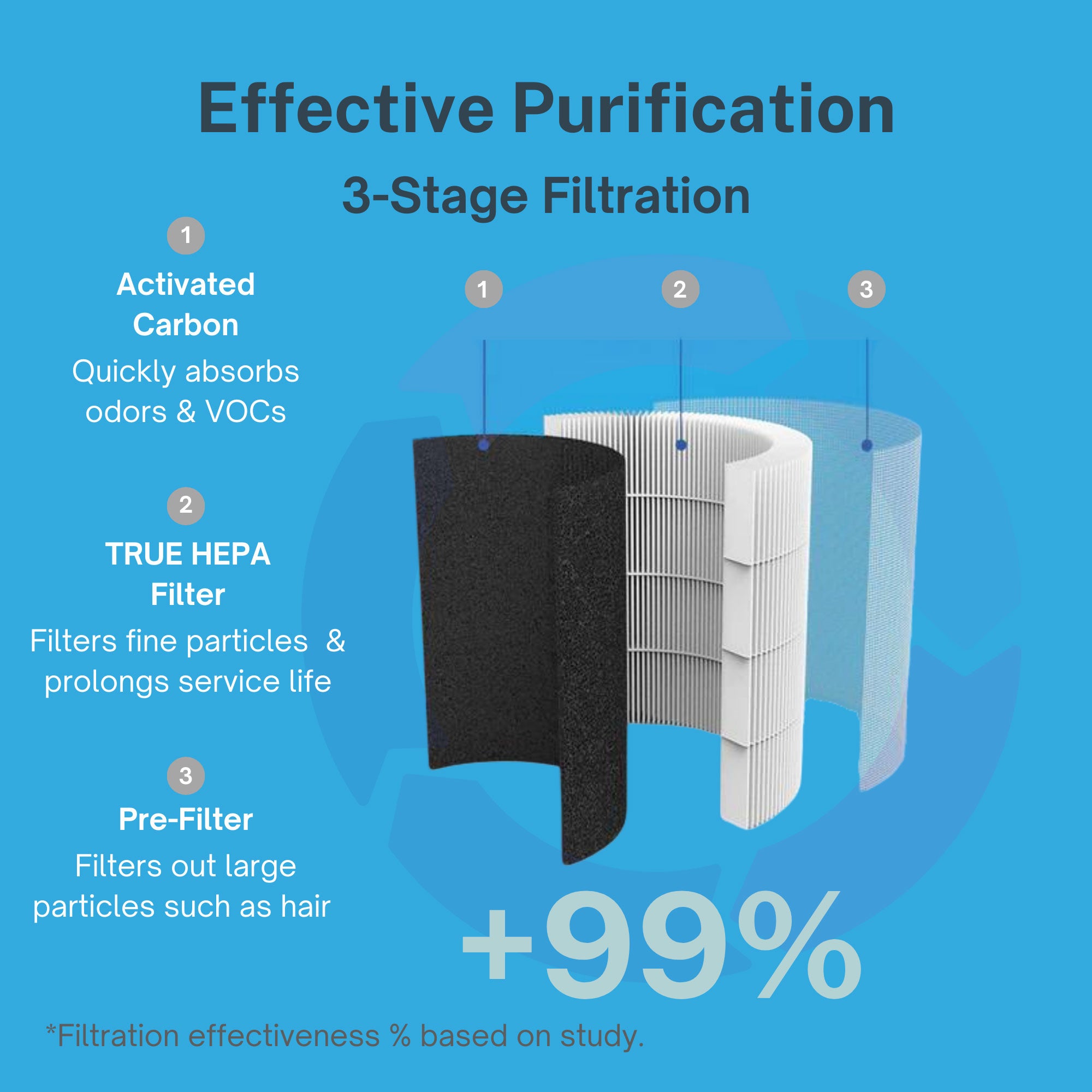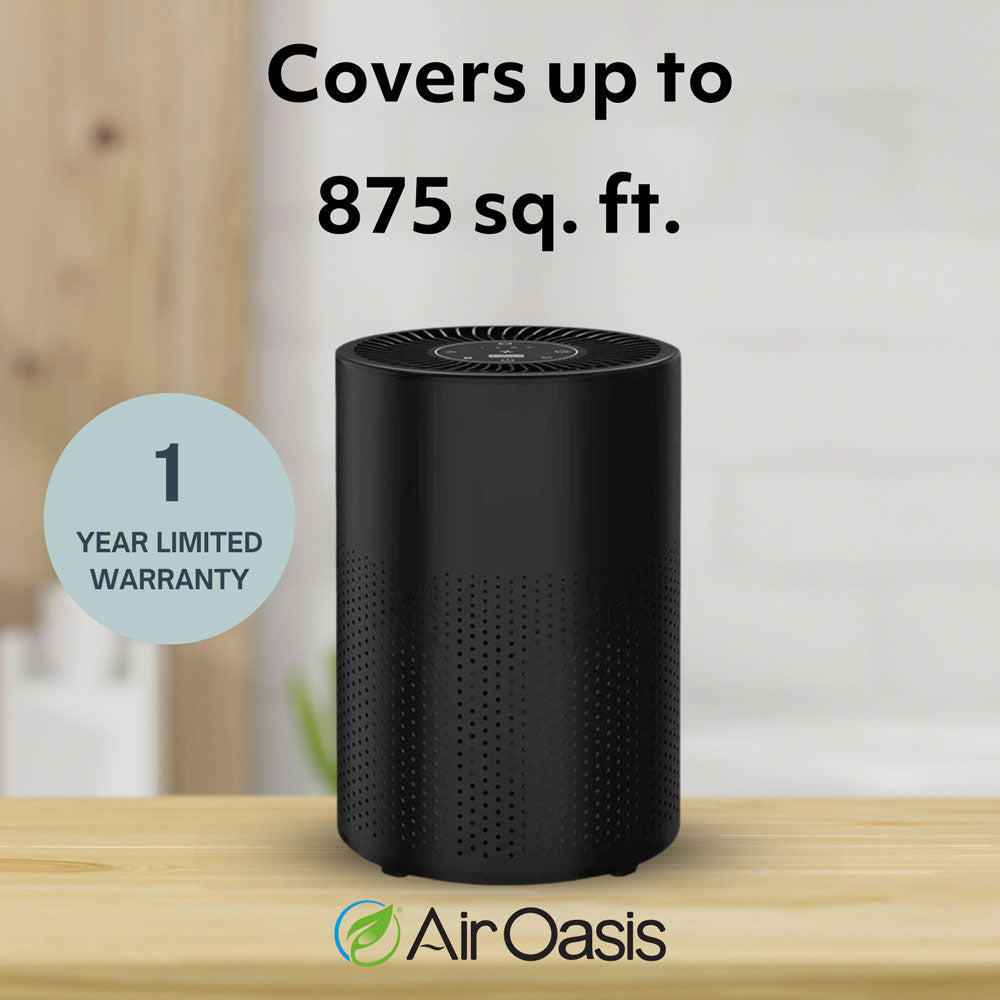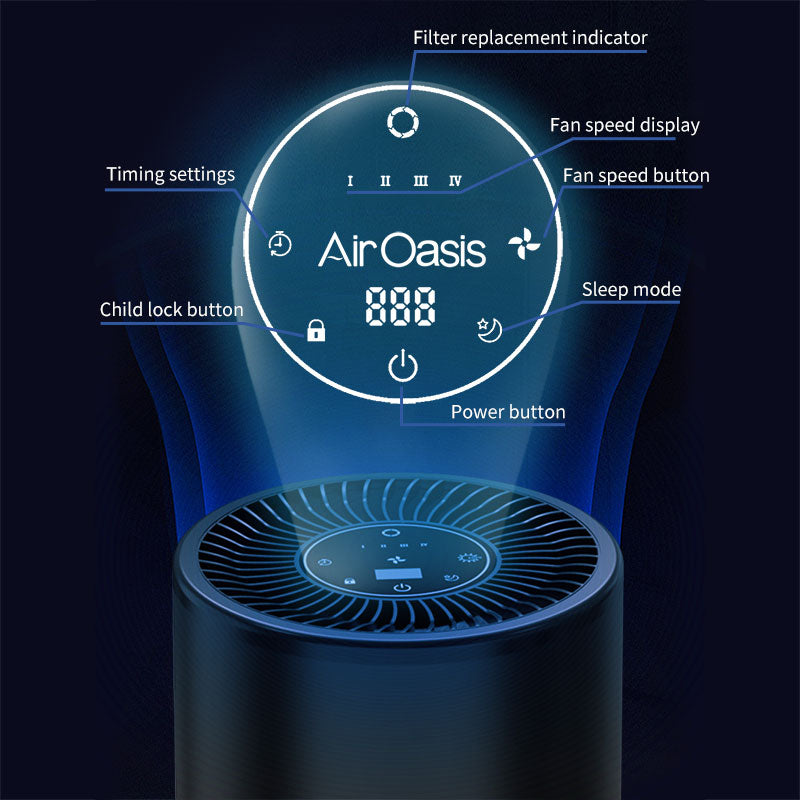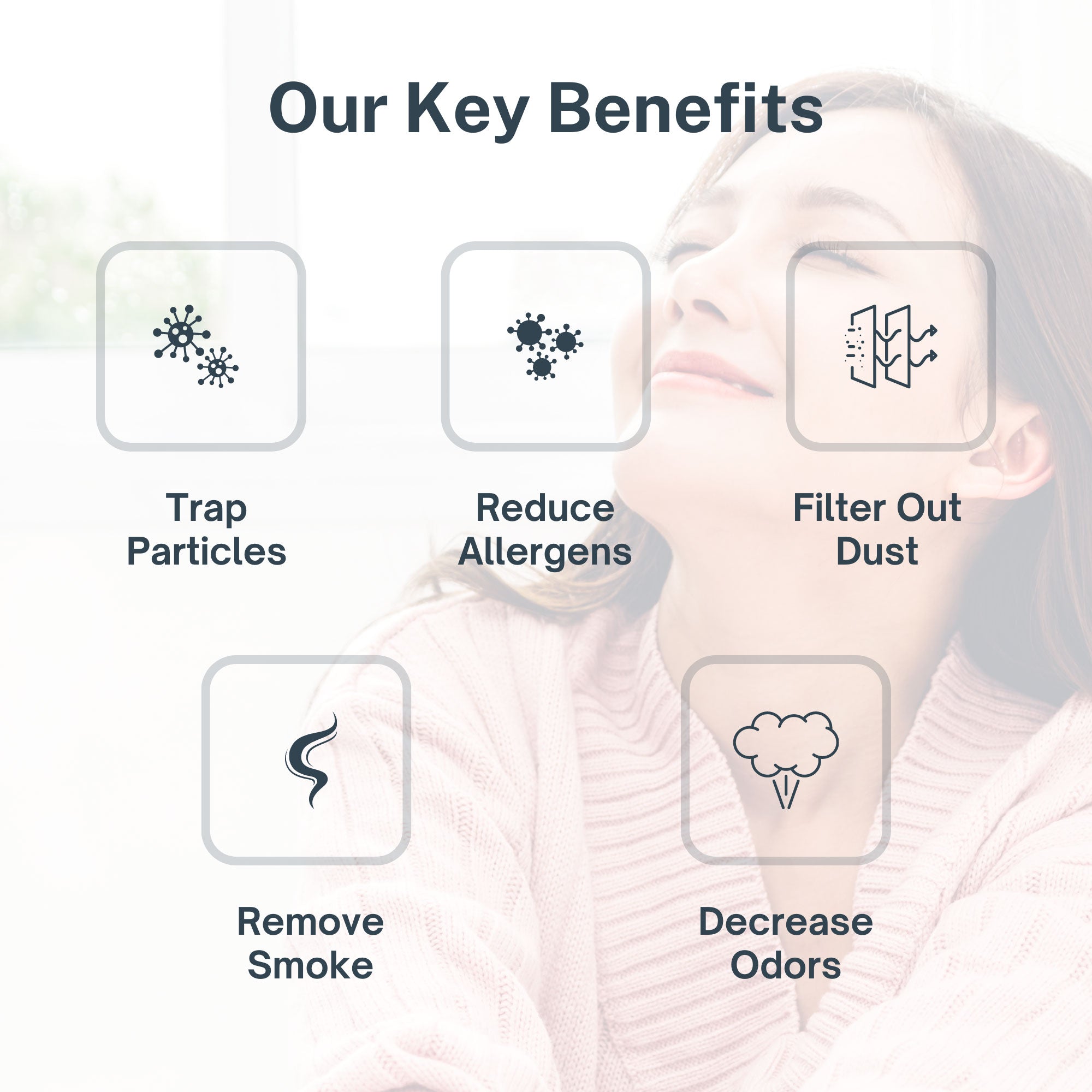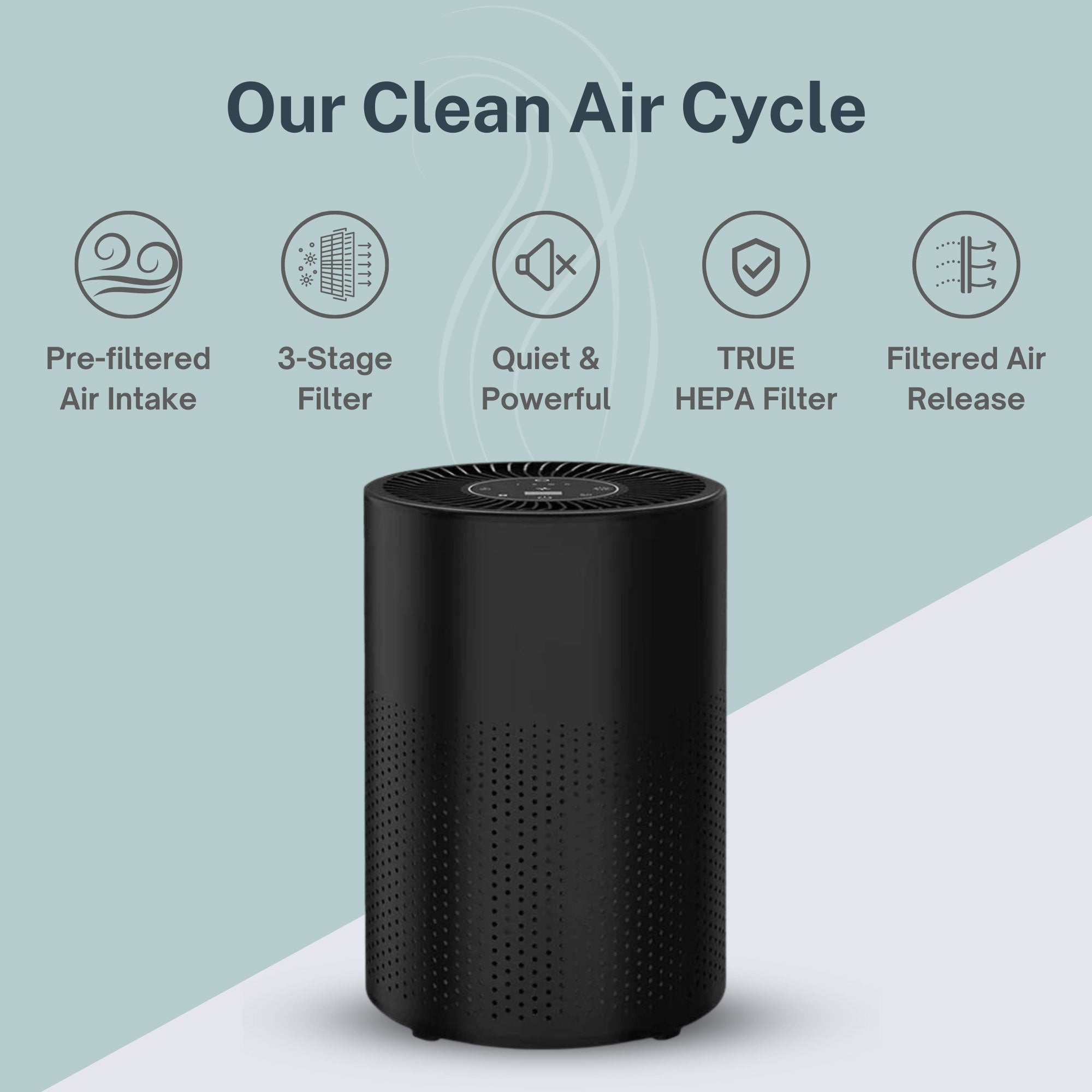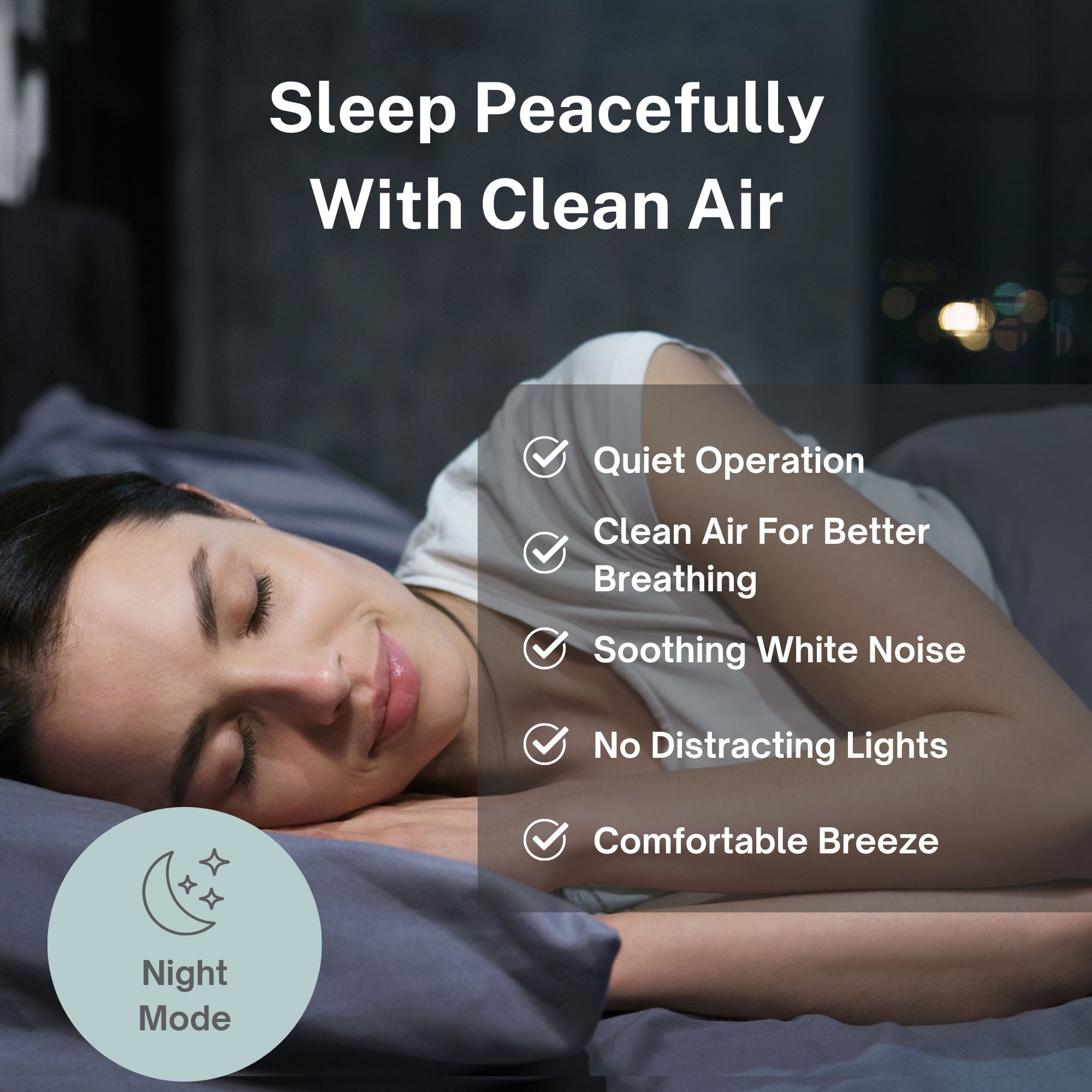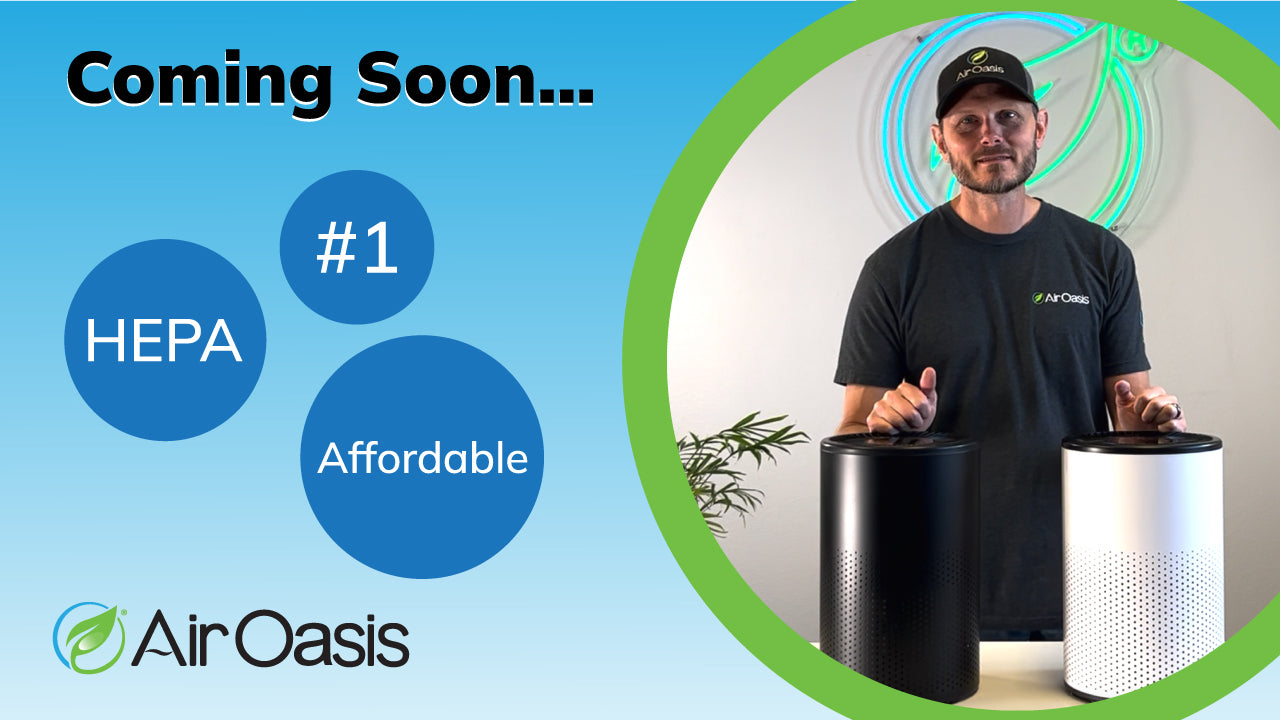When wildfire smoke blankets communities or pollution levels spike, the health consequences extend far beyond minor discomfort. Emergency medicine physicians and respiratory specialists are witnessing firsthand how poor air quality events affect patients across all age groups, with vulnerable populations facing particularly serious risks that require immediate protective action.
Recent air quality crises have prompted medical professionals to speak out about the urgent need for comprehensive protection strategies. From wildfire smoke to urban pollution events, doctors are treating increasing numbers of patients with air quality-related health complications that could have been prevented with proper preparation and environmental controls.
Understanding how to protect yourself and your family during poor air quality events has become essential health knowledge, particularly as climate change increases the frequency and severity of these dangerous conditions nationwide.
Understanding Health Risks Across Different Populations
Medical professionals categorize air quality health risks based on individual vulnerability levels, with certain populations facing significantly greater dangers during poor air quality events.
Healthy, low-risk individuals typically experience mild symptoms during poor air quality events, including scratchy throat, headaches, and fatigue. However, these symptoms serve as warning signs that air pollution levels have reached concerning concentrations that require protective action even for healthy adults.
High-risk populations face much more serious health consequences from air quality exposure. According to the American Lung Association, vulnerable groups include children, pregnant women, adults over 65, and individuals with underlying health conditions such as asthma, COPD, heart disease, or compromised immune systems.
Children face particular risks because their lungs are still developing and they breathe more rapidly than adults, leading to higher pollution exposure per body weight. Elderly individuals often have reduced lung function and may take medications that affect their ability to cope with air pollution stress.
The Centers for Disease Control and Prevention reports that even short-term exposure to elevated particulate matter can trigger heart attacks, strokes, and severe asthma episodes in vulnerable individuals, making immediate protection crucial during air quality alerts.
Physician-Recommended Indoor Protection Strategies
Emergency medicine doctors emphasize that creating a clean indoor environment represents the most effective protection strategy during poor air quality events. Dr. Kumprey recommends that high-risk individuals avoid outdoor activities entirely and focus on maintaining healthy indoor air conditions.
Indoor air quality management requires avoiding activities that generate additional pollutants during poor outdoor air quality periods. Medical experts advise against using gas appliances, burning candles, vacuuming, or smoking—activities that can worsen indoor air conditions when outdoor pollution is already elevated.
Professional-grade air purification becomes essential for maintaining safe indoor environments during air quality crises. The Air Oasis iAdaptAir systems provide medical-grade HEPA filtration combined with UV-C sterilization and ionization technology that physicians recognize as effective protection against fine particulate matter and airborne pollutants.
Proper ventilation management involves keeping windows and doors closed during poor air quality events while ensuring adequate air circulation through mechanical systems. Running air conditioning on recirculate mode helps filter indoor air without introducing contaminated outdoor air.
Creating designated clean air rooms provides additional protection for vulnerable family members. Choose a room with minimal outdoor air leaks, install high-efficiency air purification, and limit occupancy to reduce indoor pollution generation during extended poor air quality periods.
Medical Guidance for Outdoor Activity Modifications
Physicians recommend completely avoiding outdoor activities when air quality reaches unhealthy levels, particularly for high-risk individuals. The Air Quality Index (AQI) provides standardized measurements that help determine appropriate activity modifications based on current pollution concentrations.
When outdoor activities cannot be avoided, medical experts recommend timing them for early morning hours when pollution levels are typically lowest. However, during active wildfire smoke events or severe pollution episodes, even brief outdoor exposure can trigger serious health reactions in sensitive individuals.
Respiratory protection through properly fitted N95 masks can provide some protection during necessary outdoor activities, though physicians emphasize that masks are not a substitute for avoiding exposure whenever possible. Surgical masks and cloth face coverings provide minimal protection against fine particulate matter that causes the most serious health effects.
Physical activity modifications become crucial during poor air quality events. Doctors advise canceling outdoor exercise routines and moving activities indoors with proper air filtration. Even healthy individuals should reduce exercise intensity when air quality reaches moderate levels to avoid increased pollution exposure through heavy breathing.
The Air Oasis air purification systems help maintain exercise-safe indoor environments by continuously removing airborne pollutants and providing the clean air necessary for safe indoor physical activity during outdoor air quality restrictions.
Emergency Warning Signs and Medical Intervention
Physicians emphasize recognizing warning signs that indicate immediate medical attention is needed during poor air quality events. Severe symptoms include difficulty breathing, chest pain, rapid heartbeat, dizziness, or worsening of existing respiratory conditions that don't improve with indoor air exposure.
Emergency medicine doctors report increased visits during air quality crises, particularly from patients with asthma, COPD, and heart conditions. Dr. Kumprey advises having emergency medications readily available and knowing when to seek immediate medical care rather than waiting for symptoms to resolve.
Individuals with chronic respiratory conditions should work with their physicians to develop specific action plans for poor air quality events. These plans typically include medication adjustments, activity restrictions, and clear criteria for seeking emergency medical care.
Pediatric considerations require special attention, as children may not recognize or communicate symptoms effectively. Parents should monitor children closely for increased coughing, difficulty breathing, or behavioral changes that might indicate air quality-related health effects.
Long-Term Health Protection and Prevention Strategies
Physicians recommend implementing comprehensive air quality protection as part of overall health management rather than only during crisis events. Regular exposure to air pollution contributes to long-term health problems including cardiovascular disease, respiratory illness, and cognitive decline.
Investing in professional-grade home air purification provides ongoing protection that benefits health even during normal air quality conditions. Medical-grade filtration systems help reduce daily pollution exposure that accumulates over time and contributes to chronic health problems.
Monitoring local air quality conditions allows for proactive protection before health symptoms develop. Physicians recommend using reliable air quality monitoring apps and websites to make informed decisions about daily activities and protection needs.
Home environment optimization includes addressing indoor pollution sources, maintaining HVAC systems, and ensuring adequate ventilation during normal conditions. These improvements provide baseline protection that becomes crucial during poor air quality emergencies.
Taking Physician-Recommended Action for Air Quality Protection
Medical professionals are clear: poor air quality events require immediate, comprehensive protection strategies tailored to individual health risks. The increasing frequency of these events makes preparation and proper equipment essential for protecting family health.
Emergency medicine physicians emphasize that prevention through environmental controls and air purification provides more effective protection than treating symptoms after exposure occurs. Creating clean indoor environments and avoiding unnecessary outdoor exposure during poor air quality events can prevent serious health complications.
Ready to implement physician-recommended air quality protection for your family? Shop Air Oasis today for medical-grade air purification systems that provide the comprehensive protection doctors recommend during poor air quality events.





